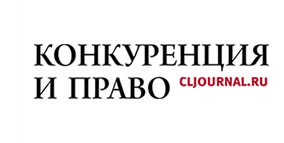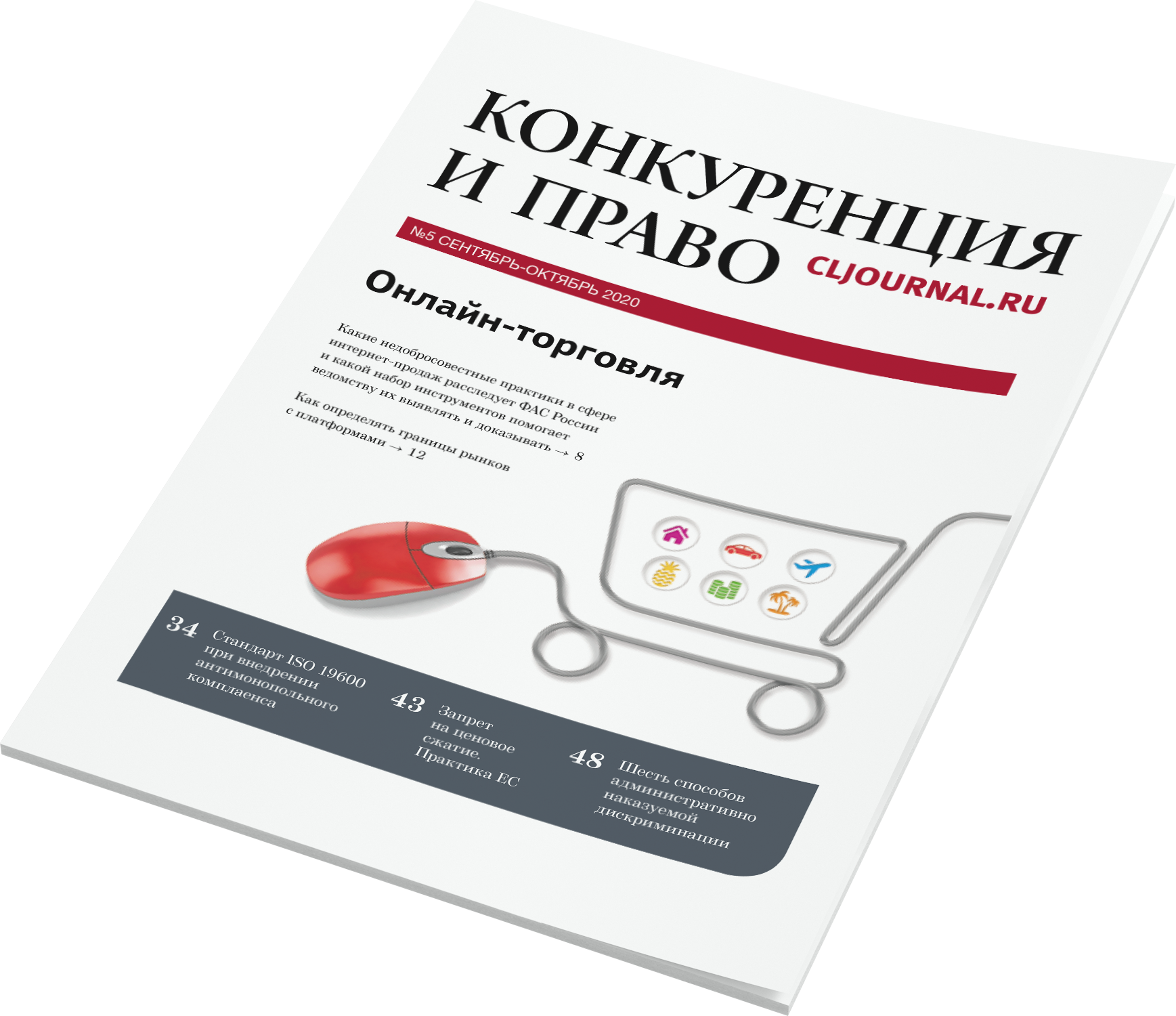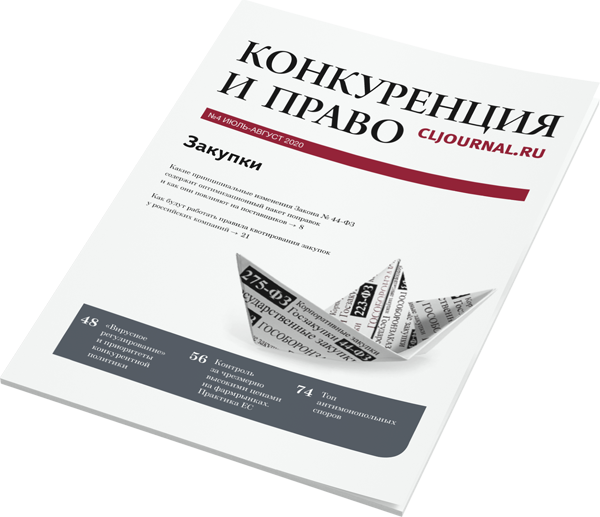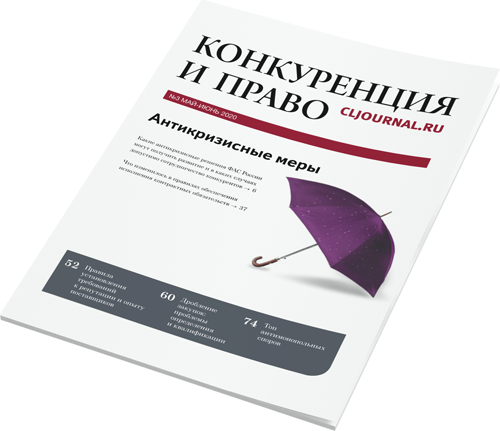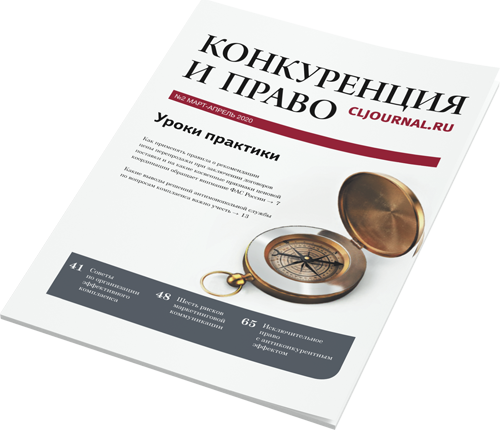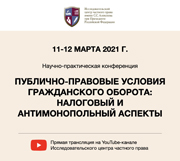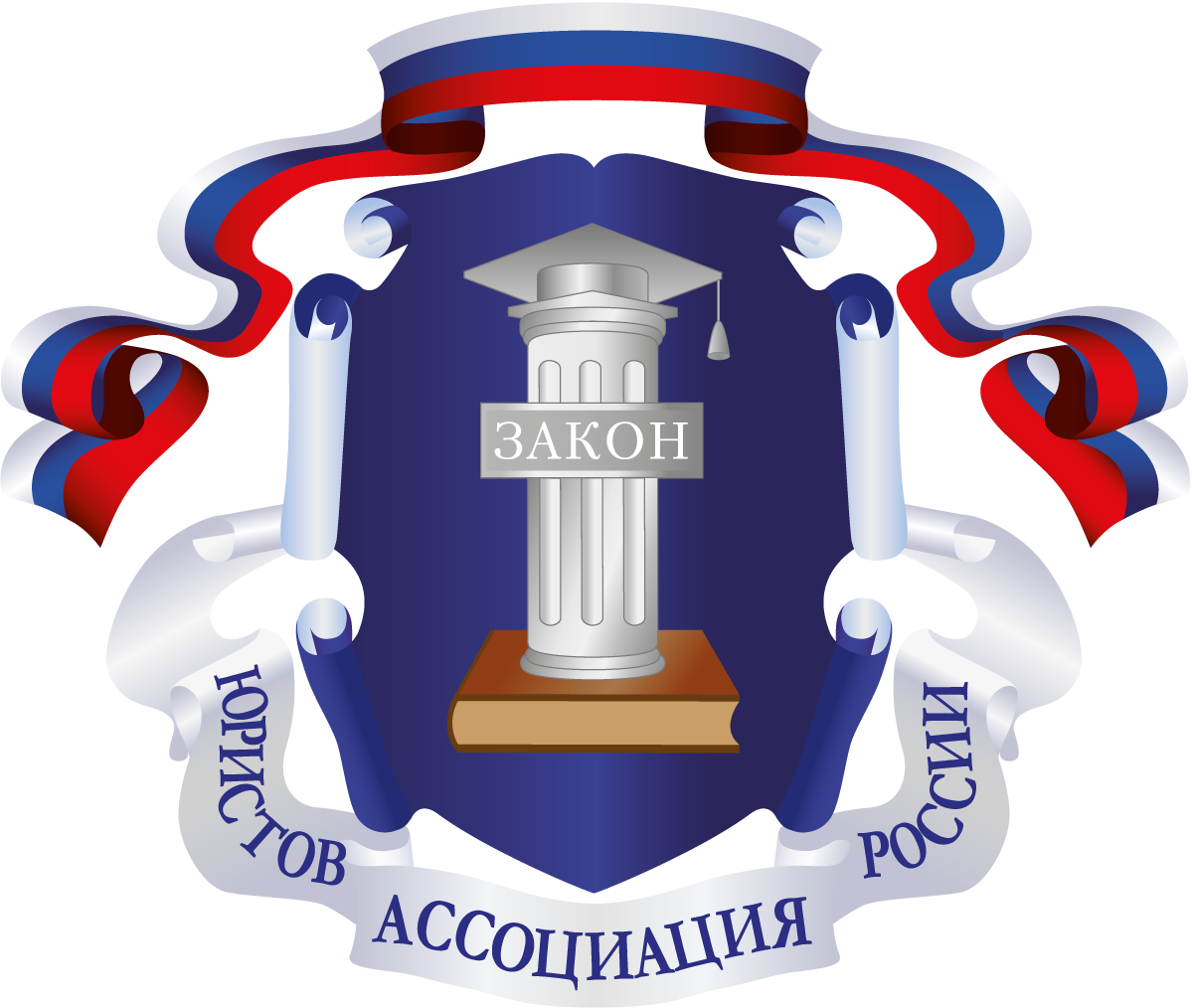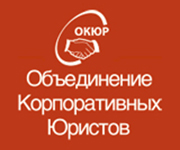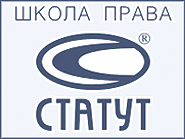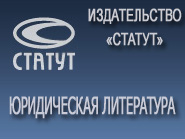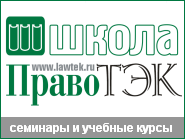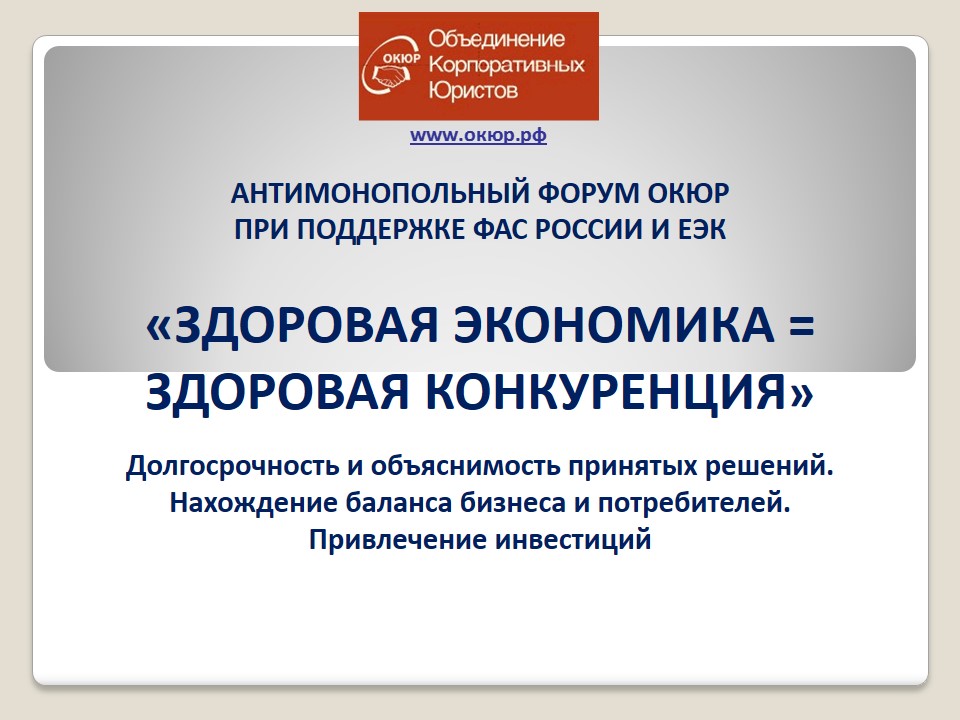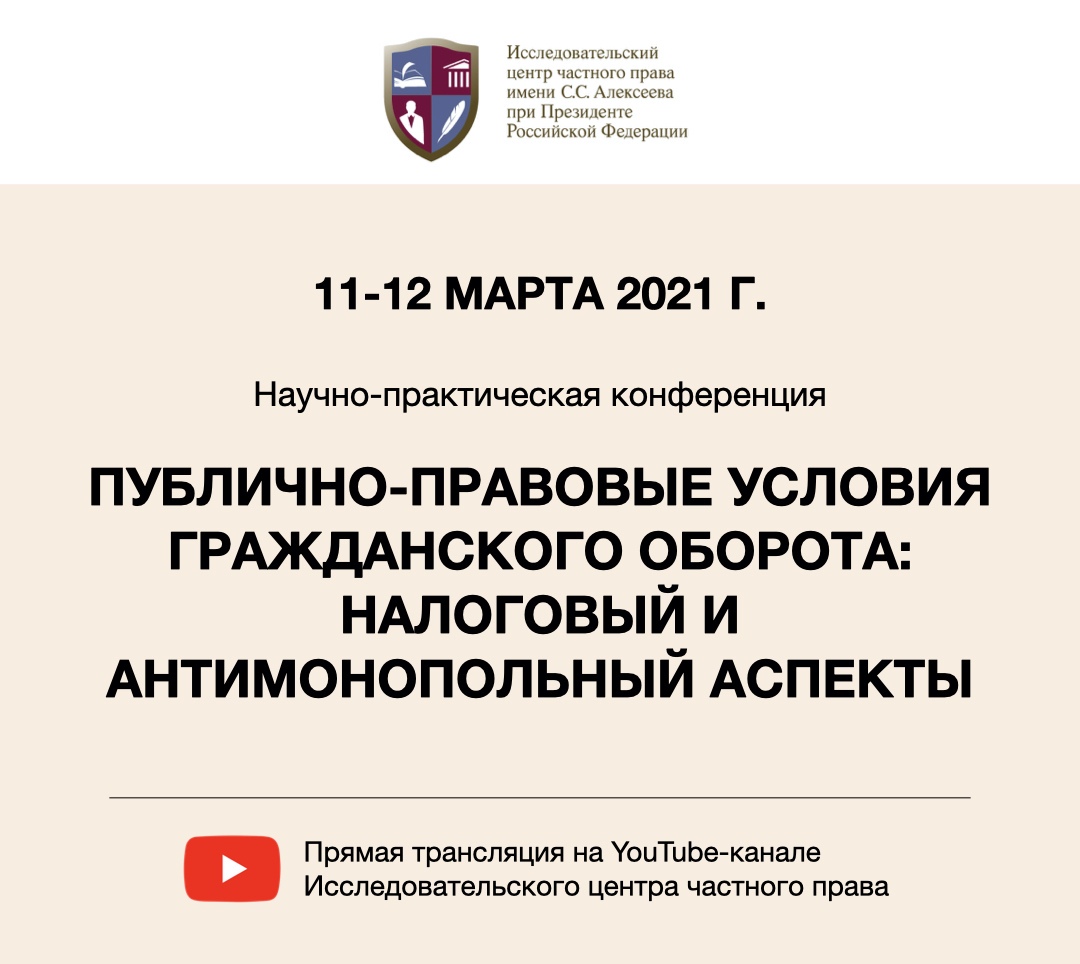|
||||||
 To avoid any potential abuse by various participants of the procurement, the Russian Prosecutor General’s Office has prepared a draft order of the Russian Prosecutor General “On organising the prosecutor’s supervision over whether the procurement legislation is observed” (the “Order”).
This Order implements a number of steps to reinforce the supervision over compliance with the federal laws “On the contractual system in the area of the procurement of goods, work and services to provide for state and municipal needs” (“44-FZ”) and “On the procurement of goods, work and services by specific types of legal entities” (“223-FZ”). This has been done because there continue to arise situations where illegal regulatory acts are adopted, conditions for fair competition are not observed or some mandatory information is not uploaded to the Unified Information System (the “UIS”) for procurement. Moreover, there are numerous cases where tenders are unlawfully avoided, contract prices are inflated, contractual obligations are improperly performed, goods, work or services are improperly accepted or paid for with delay, as well as various corrupt practices take place. It has been noted that control authorities do not to the full extent perform the functions vested in them, since routinely situations arise where public funds are embezzled, or ‘kickbacks’ and other unlawful actions take place, which constitute a criminal offence. Please find below some provisions of the Order that are the most important in our opinion. According to them, prosecutors in various levels and branches of the Russian Prosecutor General’s Office are required to do the following.
1. Reinforce the prosecutor’s supervision over whether the procurement laws are observed by taking additional measures to enforce the law and coordinate crime prevention work in the procurement area by:
At the same time, it is noted that special attention should be paid to the spheres of social significance such as public health care, housing and utilities, energy sector, transport, urban development, education and culture. Please note that the document does not offer any specific plan of the relevant actions or any target figures.
2. To ensure that violations are identified and eliminated in a timely manner, thorough actions should be taken in response to the following facts:
There are also other supervisory measures connected with the need to perform the following actions aimed at complying with the requirements to perform obligations under contracts:
For example, if there are grounds provided for in the law, investigations will be made into whether the rights of business entities to receive, in a timely manner, payment from their customers under the customers’ obligations under state or municipal contracts have been complied with. It will be addressed immediately whether to initiate administrative cases for violating the deadlines and procedure for paying for goods (work or services) connected with the procurement. Also, it is proposed that prosecutors of constituent entities of the Russian Federation will have to do the following when interacting with the Russian Federal Financial Monitoring Service, Federal Treasury, Federal Tax Service, Federal Antimonopoly Service, Ministry of Internal Affairs and the Federal Security Service:
It is expected that cooperation between the state authorities will allow them to perform in a better way the functions connected with ensuring that procurement procedures are in line with legislation.
3. Other measures taken together with the competent state authorities: In opinion of the Russian Prosecutor General, as there are numerous violations of the law committed in the course of procurement for state authorities, this calls for stricter mechanisms for supervising the procurement to stop any corrupt activities. In this regard, the Order provides for some measures aimed at fighting against any corrupt activities in the procurement area, including at identifying violations where any state (municipal) contracts are concluded with legal entities held administratively liable under article 19.28 of the Russian Code of Administrative Offences (namely, for illegal gratification on behalf of the legal entity). A special focus should be placed on the competent authorities identifying and stopping kickbacks, theft, improper use of public funds and other criminal offences that use various illegal schemes. If there are grounds, a well-founded resolution shall be adopted to send the relevant materials to preliminary investigation authorities to determine whether parties at fault should be criminally prosecuted. The Order also sets a requirement for routine prosecutor's supervision and analysis of whether Federal Law No. 144-FZ dated 12 August 1995 “On operational and investigative activity” is complied with when identifying, preventing, stopping and solving crimes in the procurement area. The following should also be ensured within the scope of procedural procedures:
Moreover, according to the Order, prosecutors of the constituent entities of the Russian Federation and military and specialised prosecutors that are given the same status will have to report, twice a year, to the Russian Prosecutor General’s Office regarding the results of their supervision in the procurement area. In turn, different units and branches of the Prosecutor General’s Office will also have, twice a year, to submit a summary regarding compliance with the laws and the prosecutor’s supervision in the procurement area. The introduction of measures for the prosecutor’s supervision in the procurement area will help to prevent bad faith customers from participating in the procurement procedures and ensure better compliance with legislative requirements.
What to think about and what to do1. Follow up on the measures being taken by the government and the changing regulations to remain good faith participants of the market. 2. In order to avoid violations of antitrust and procurement legislation, take account of the potential changes in the regulation when participating in procurement procedures, including when making purchases from a single supplier and when performing state and municipal contracts. 3. Assess the commercial decisions of the company involving the changes in contract prices and performance periods in terms of their being economically justified and compliant with legislation 4. Pay special attention to how you build commercial relationships with small business entities when making purchases. 5. Consider taking other measures aimed at reducing risks of antimonopoly violations. 02 сентября 2020 г.
|
|

